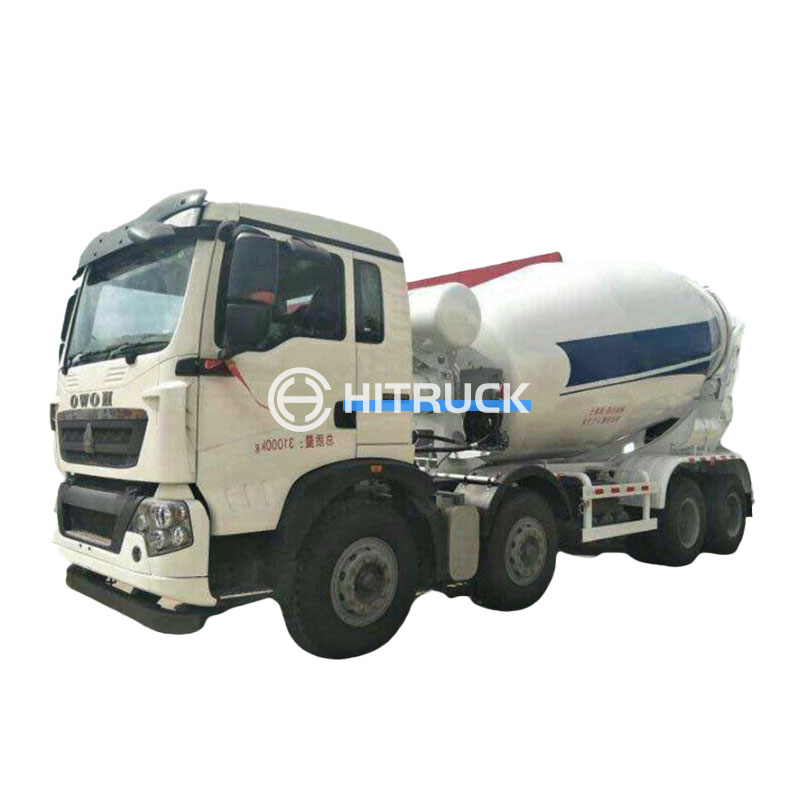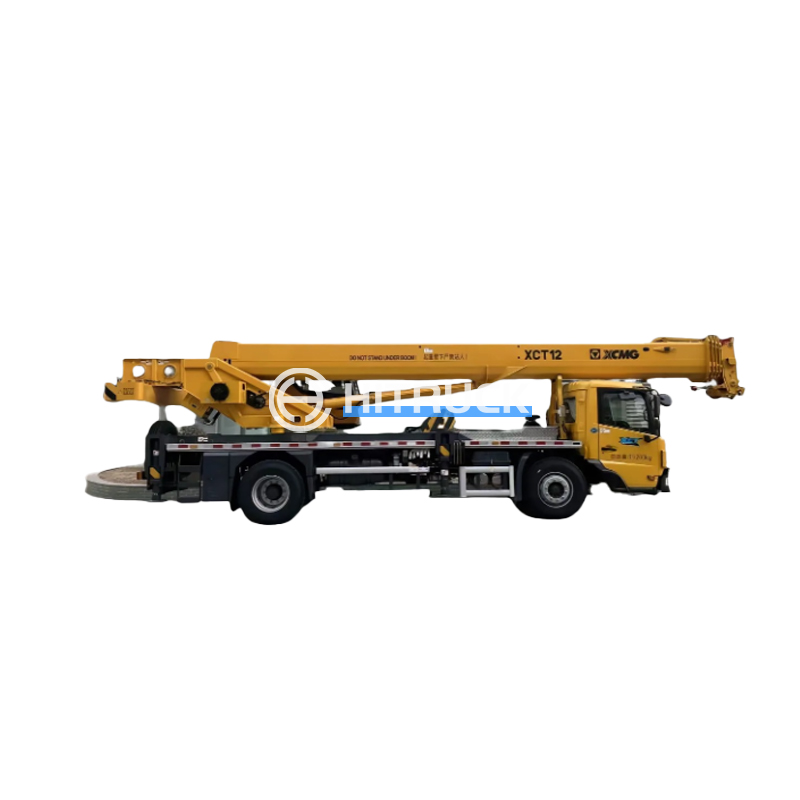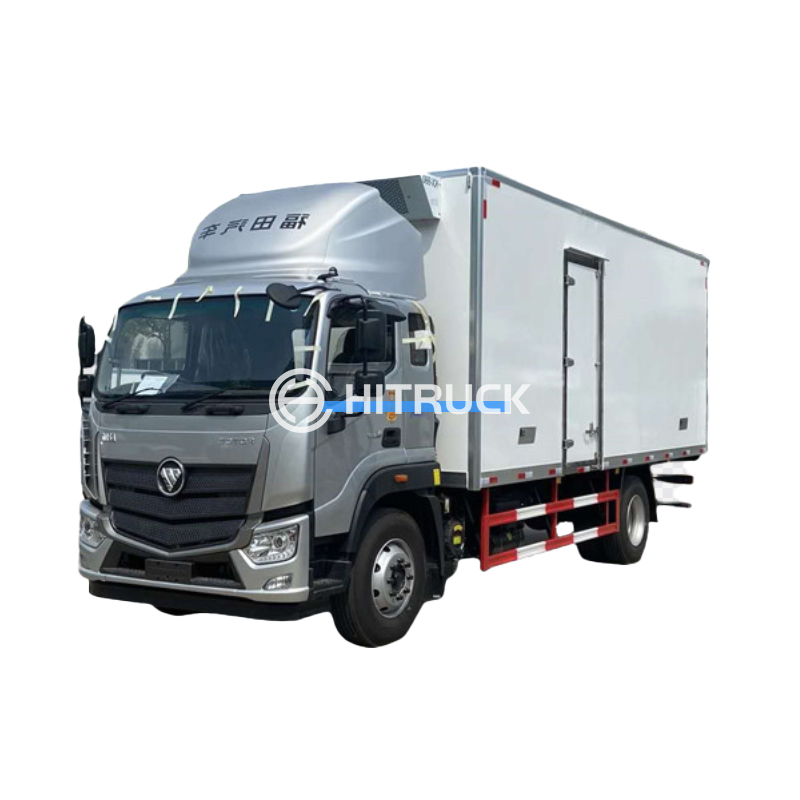This comprehensive guide explores the intricacies of the concrete mixer truck hydraulic pump, covering its function, common problems, maintenance, and selection criteria. Learn how to identify issues, perform preventative maintenance, and choose the right pump for your needs. We'll delve into the specifics, providing practical advice and real-world examples to help keep your concrete mixer truck operating efficiently and reliably.
The concrete mixer truck hydraulic pump is the heart of the truck's mixing and delivery system. It converts the engine's mechanical energy into hydraulic pressure, which drives the various hydraulic motors responsible for rotating the drum, operating the chute, and managing other essential functions. A malfunctioning pump can lead to complete operational failure, causing significant downtime and financial losses. Understanding its function is critical for effective maintenance and troubleshooting.
Several types of hydraulic pumps are employed in concrete mixer trucks, each with its own advantages and disadvantages. Common types include gear pumps, vane pumps, and piston pumps. Gear pumps are generally simpler and more affordable, but less efficient at high pressures. Piston pumps, on the other hand, offer higher pressure capabilities and greater efficiency but are more complex and expensive. The choice of pump type depends largely on the specific requirements of the truck's design and intended workload. Consult your truck's service manual for specific details about your pump type.
Identifying problems with your concrete mixer truck hydraulic pump early on is crucial in preventing major breakdowns. Common symptoms include slow drum rotation, leaking hydraulic fluid, unusual noises from the pump area, and a general lack of hydraulic pressure. Regular inspection and preventative maintenance can significantly reduce the risk of encountering these issues.
If you suspect a problem with your concrete mixer truck hydraulic pump, begin by checking the hydraulic fluid level and condition. Low fluid levels often indicate a leak somewhere in the system. Inspect the pump for any visible damage or leaks. If leaks are present, carefully determine their source to address the problem effectively. Listen for unusual noises emanating from the pump. Grinding or whining sounds can indicate internal damage requiring professional attention. For more serious issues, consult your truck's service manual or a qualified hydraulic technician.
Regular changes of hydraulic fluid are essential for maintaining the health of your concrete mixer truck hydraulic pump. Following the manufacturer's recommended intervals for fluid changes will significantly extend the lifespan of the pump and prevent costly repairs. Using the correct type and grade of hydraulic fluid is crucial for optimal performance.
The hydraulic system filters should be replaced regularly as well. Contaminated hydraulic fluid can damage the pump and other components of the system. Regular filter replacement keeps the hydraulic fluid clean and prevents premature wear on the concrete mixer truck hydraulic pump.
Selecting the appropriate concrete mixer truck hydraulic pump is crucial for optimal performance and longevity. Factors to consider include the truck's engine power, the desired pressure and flow rate, and the overall operating conditions. Consulting with a hydraulic specialist or a reputable supplier like Suizhou Haicang Automobile sales Co., LTD can ensure you choose a pump that meets your specific needs.
Proper understanding and maintenance of your concrete mixer truck hydraulic pump are critical for efficient operation and avoiding costly downtime. By following the recommendations outlined in this guide, you can significantly extend the lifespan of your pump and maintain the productivity of your concrete mixing operations.












